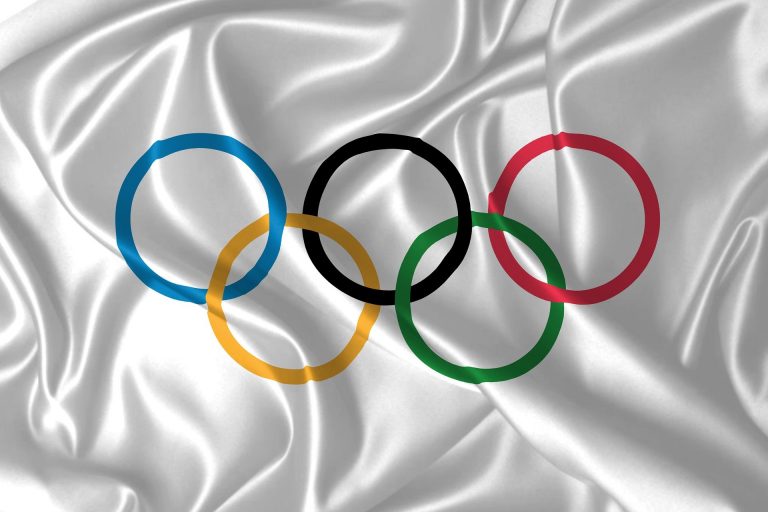The Congressional-Executive Commission on China (CECC) was created by the U.S. Congress in October 2020 with the aim of monitoring the rule of law and the state of human rights in communist China. It is tasked with submitting an annual report to Congress as well as the president. One of its latest initiatives has attracted the ire of Beijing.
In a video uploaded to YouTube on Dec. 2, CECC co-chairs Jeff Merkley and Jim McGovern announced a campaign where they will highlight one political prisoner held by communist China every day over the next 60 days until the 2022 Winter Olympics starts in February. The CECC has asked the International Olympic Committee (IOC) several times to avoid giving communist China the right to host the Games. However, the IOC ignored the requests.
“We believe it’s a mistake for the IOC to hold these Games in China at a time when the Chinese government continues to commit genocide, strip Hong Kong’s autonomy, squeeze journalists, free thinkers, and civil society throughout mainland China and bully its critics globally… The Chinese hosts will put on a spectacle designed to distract from and cover up the human suffering that the government inflicts. The Chinese government has stained the Olympics. It is essential that we remember that behind the shiny façade are human beings,” McGovern says in the video.
The CECC kicked off its #OlympicPrisoner campaign detailing the atrocity committed against Chinese citizen Huang Qi. As a citizen journalist, he was sentenced to 12 years in prison for operating a website that documented gross human rights violations of the communist regime.
Huang was sentenced in 2019 under charges of leaking state secrets to foreigners. According to Christophe Deloire, secretary-general of Reporters Without Borders, the sentencing is equivalent to a death sentence since his health has deteriorated due to a decade spent in harsh confinement.
Success
You are now signed up for our newsletter
Success
Check your email to complete sign up
Another political prisoner highlighted by the CECC is citizen journalist Zhang Zhan. She “was arrested to silence her work exposing #COVID19’s transmission in #Wuhan and now faces a dire medical crisis from a hunger strike she started in detention. She should be immediately freed,” a Dec. 3 tweet stated.
The #OlympicPrisoner campaign comes amidst reports that Washington is preparing to boycott the Games diplomatically. Biden had earlier admitted that they were considering such a move.
A diplomatic boycott simply means that American officials won’t be making a presence at the Games. However, American athletes will continue to participate in various competitions. Beijing has not taken such reports very well and has threatened “resolute countermeasures” should the boycott happen.
“The US should stop politicizing sports and hyping up the so-called ‘diplomatic boycott’ so as not to affect China-US dialogue and cooperation in important areas,” Chinese Foreign Ministry spokesperson Zhao Lijian said at a news conference. He added that the potential boycott is a “sensationalist and politically manipulative” move by American politicians and that it is a “stain on the spirit of the Olympic charter.”
The last time Washington fully boycotted the Olympics was in 1980 when the Summer Games were held in Moscow. President Jimmy Carter wanted to make known U.S displeasure regarding the Soviet Union’s presence in Afghanistan.
In an interview with NY Times, Frederic Megret, a co-director of the Centre for Human Rights and Legal Pluralism at McGill University, stated that the boycott did not have much of an effect on the Soviet Union and was even seen as a “propaganda victory” for the Soviets.
With regard to boycotting the upcoming Beijing Olympics, Megret said, “Whether we want it or not, the Olympics in Beijing are going to happen… The question is: Do you want to give the Chinese government photo ops?”














